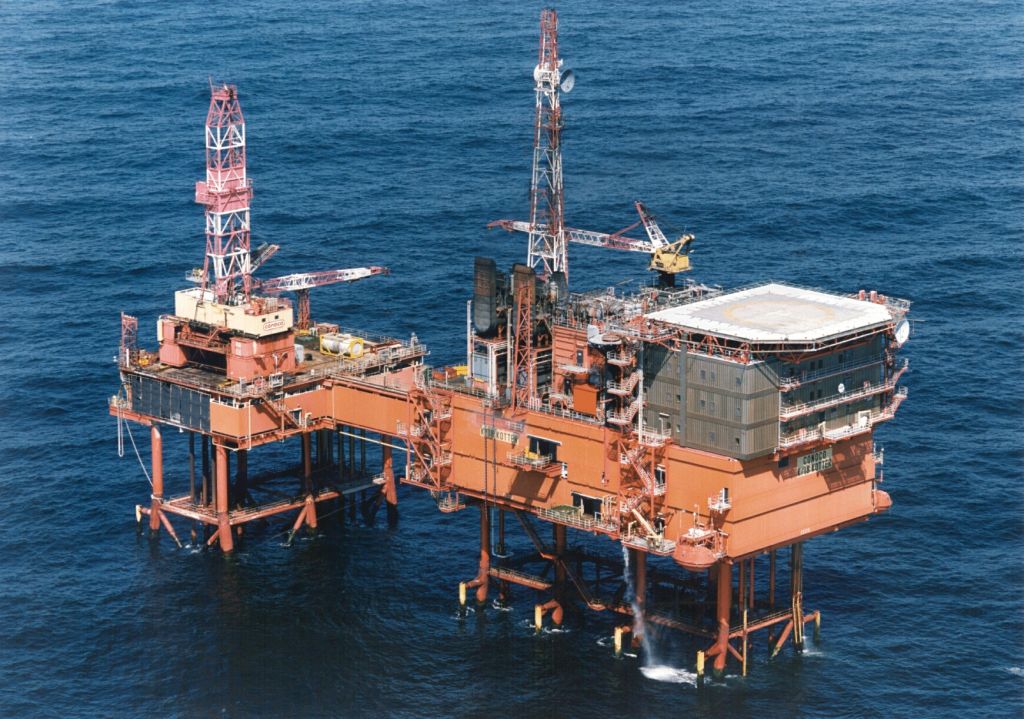
MBO rating. An oil tanker that can now only change course slowly
De samenleving is een Titanic die op een ijsberg afstevent. Dat schrijft Karim Amghar (NRC 17/5/25).
Neen, het is een olietanker die alleen langzaam van koers kan veranderen. Hij haalt twee zaken door elkaar. Het streven naar een hoger betaalde baan en de alom aanwezige discriminatie.
In mijn jeugdjaren eind 60er jaren van de vorige eeuw werd net zo neergekeken op een opleiding als LTS, MULO en andere lagere – ja, lagere – opleidingen. De notabelen van de maatschappij waren en zijn nu eenmaal de universitair geschoolden. En ook voor het HBO was en is er slechts de tweede prijs. De hogere opleiding is nu eenmaal de weg naar een beter loon, een beter leven. Maar als er een vakman bij je thuis komt, zoals de loodgieter of ziekenhulp thuis of in het ziekenhuis, dan is de waardering huizenhoog. Misschien zelfs hoger dan de advocaat die je vaak als noodzakelijk kwaad ziet.
En net als toen worden de laagste opleidingen gegund aan – zoals dat modern heet – de kwetsbare groepen. En daar is de diversiteit bij gekomen. Niet alleen kleur, maar ook een brede participatie. En daar zit het probleem. Art 1 van de Grondwet zit nog lang niet in de haarvaten van mensen. Toen niet en nu nog steeds niet. Maar het verandert. Langzaam.
Zolang het grote geld in de economie rondgaat bij de beroepen met de hoogste opleidingen, dan zal de trek naar hogere opleidingen blijven. Dat heeft niets te maken met discriminatie. Het enorme tekort aan vakmensen zal dat veranderen en dus ook de trek naar de lagere opleidingen.
Society is a Titanic heading for an iceberg. That is what Karim Amghar writes (NRC 17/5/25).
No, it is an oil tanker that can only change course slowly. He confuses two things. The pursuit of a higher paid job and the ubiquitous discrimination.
In my youth at the end of the 1960s, an education such as LTS, MULO and other lower – yes, lower – educations were looked down upon just as much. The notables of society were and are the university graduates. And for HBO there was and is only second prize. Higher education is simply the way to a better salary, a better life. But when a professional comes to your home, such as the plumber or the nursing home or hospital, then the appreciation is sky-high. Perhaps even higher than the lawyer who you often see as a necessary evil.
And just like then, the lowest educations are granted to – as they are called in modern times – the vulnerable groups. And that’s where diversity comes in. Not just colour, but also broad participation. And that’s the problem. Article 1 of the Constitution is far from being ingrained in people’s capillaries. Not then and not now. But it’s changing. Slowly.
As long as big money in the economy circulates in the professions with the highest education, the pull towards higher education will continue. That has nothing to do with discrimination. The enormous shortage of skilled workers will change that and so will the pull towards lower education.
Ricky Turpijn



